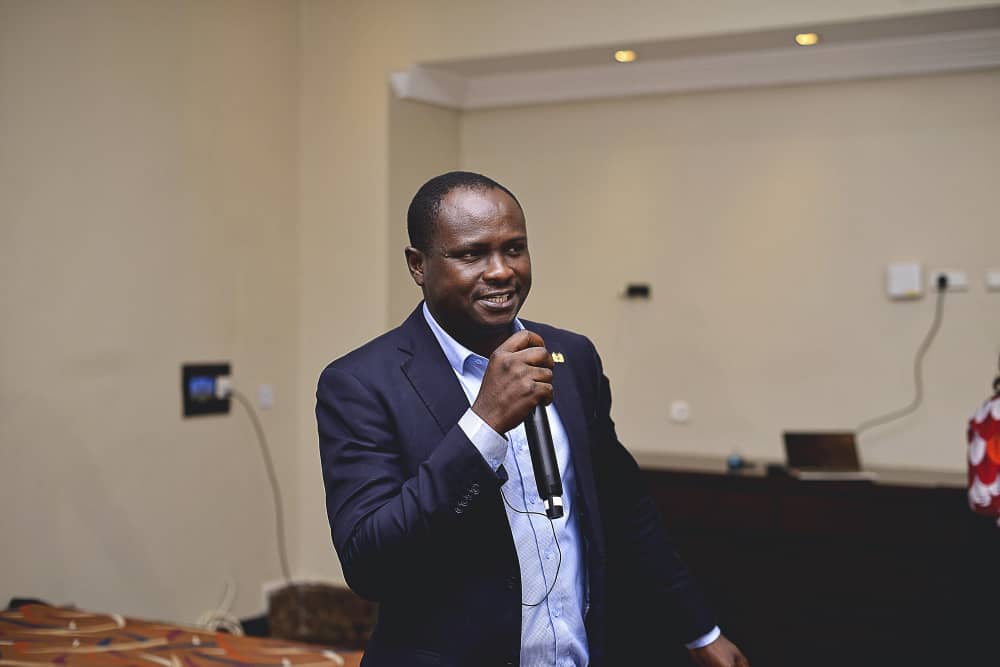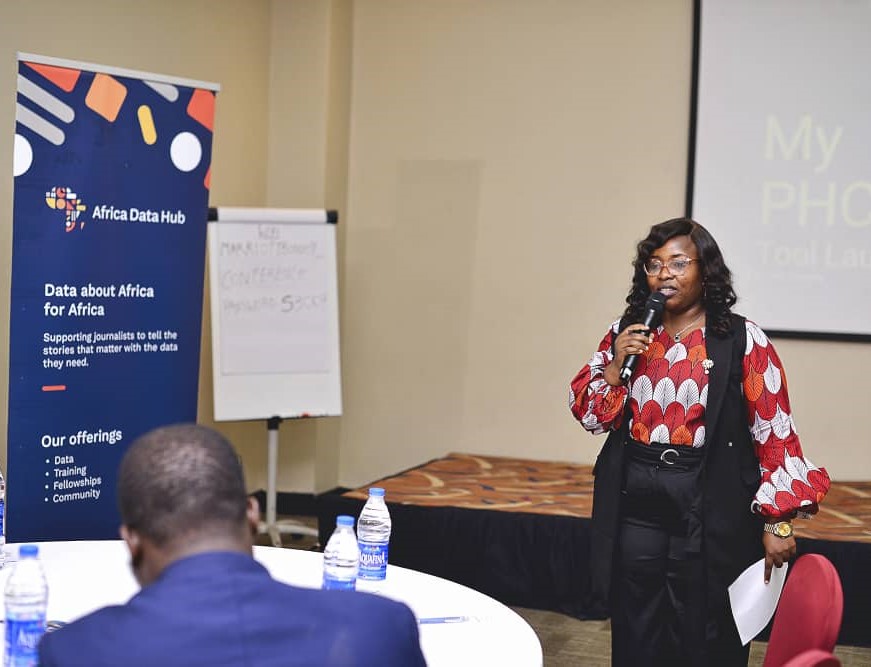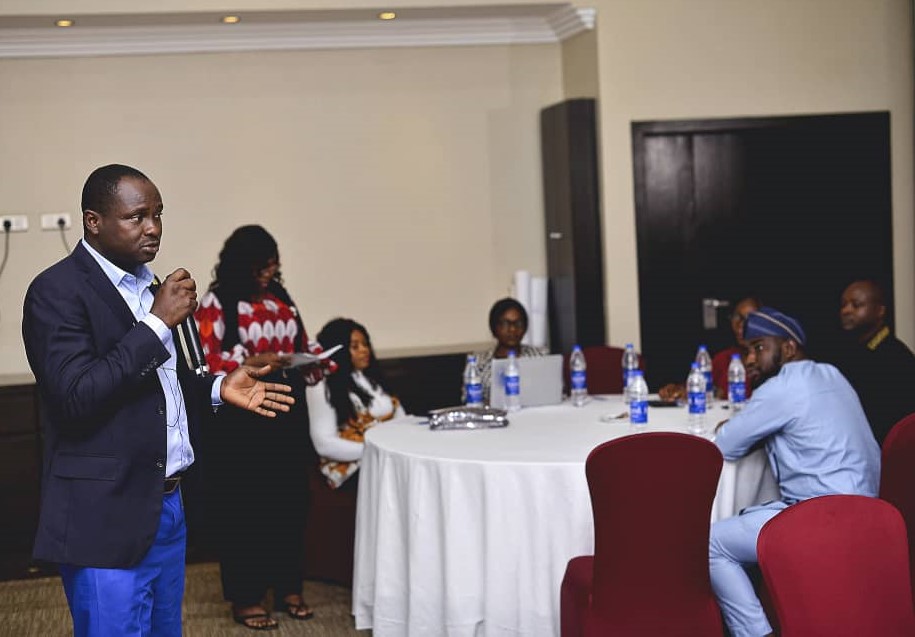By Joke Kujenya
FOR HOURS on Monday, research experts painted a grim picture of Nigeria’s Primary Healthcare Centres (PHCs) to guests and journalists.
These centres, crucial for maternal and child health, fail to meet even basic healthcare needs.
PHCs are in dire straits, unable to care for patients or the clinics, themselves.
Orodata Science, a civic tech organization, has launched a digital tool to address this crisis in partnership with AfricaData Hub.
A three-man panel session discussed innovations they had implemented or expected to execute to enhance PHCs across Nigeria.
The tool, ‘CheckMyPHC’, aims to improve accountability in the primary healthcare system.
It provides real-time data on building conditions, infrastructure, and personnel across PHCs in Nigeria.
At the launch in Lagos, John Eromosele, the Country Operations Lead of Orodata Science, highlighted the tool’s potential.

Eromosele stated that ‘CheckMyPHC’ offers detailed information about PHCs in remote areas, many of which are in poor condition.
The platform empowers government officials, journalists, and citizens with data to understand and improve the state of PHCs.
Eromosele explained the tool’s three main components: a frontline data collection programme, an investigative programme, and the digital platform.
He said it also has three key categories that the data reflects which are Service Delivery, Infrastructure and Staff Welfare.
This tool captures and analyzes health data, presenting it through an accessible interface for users to explore and compare PHCs by state and local government.
Eromosele emphasized that the goal is not to shame the government but to find solutions.
He stressed the importance of addressing the issues in PHCs to reduce maternal and infant mortality and pointed out the significant gaps in healthcare access in rural communities.
Hannah Naiyeju, the lead data analyst at Orodata, shared findings from the initial data collection.
She disclosed that the first phase covered 345 PHCs in six states: Sokoto, Taraba, Benue, Cross River, Anambra, and Osun.
Naiyeju revealed that 50% of these PHCs have at least four building failures, and 25% have never been renovated.

Additionally, 34% lack electricity, only 9% have ambulances, and 50% face medical supply shortages.
Naiyeju also reported that only 25% of workers at these PHCs are satisfied with their jobs, with a significant disparity between assigned and active health workers.
She called for the government to improve infrastructure, ensure consistent medical supplies, and enhance waste disposal.
Participants at the event, including journalists and human rights groups, stressed the vital role of PHCs in providing essential health services, especially in rural areas.
They highlighted the challenges PHCs face, such as limited resources and inadequate infrastructure.
Lekan Otufodunrin, Executive Director of Media Career Development Network, encouraged journalists to use data to tell compelling stories and drive change.
He highlighted the importance of career growth and utilizing opportunities in the media field.
Ms. Joke Kujenya, Executive-in-Charge of Media Mentors Journalism Centre (MMJC), lamented the avoidable deaths at poorly-run PHCs in the country.
Kujenya stressed that improving these facilities would lead to better health outcomes.
She pointed out that the exodus of healthcare workers impacts healthcare delivery at all levels.
Other contributors at the event also stressed the need for the government to closely monitor the funding released to the PHCs so they can be better managed.
Some highlighted the exodus of medical doctors and other essential healthcare workers as part of the issues impacting healthcare delivery at all levels, not just the PHCs.
Journalists who had closely investigated and published some PHCs gave eye-witness accounts of their findings on the conditions of PHCs visited in Ogun, Anambra, and Benue States.

As the event concluded, hard copies of CheckMyPHC were shared with all participants and declared officially launched for use by journalists and others interested in researching PHCs in Nigeria.
Earlier, Naiyeju guided guests on practical ways to navigate the CheckMyPHC web platform via http://www.checkmyphc.org/ to get their needed information.





